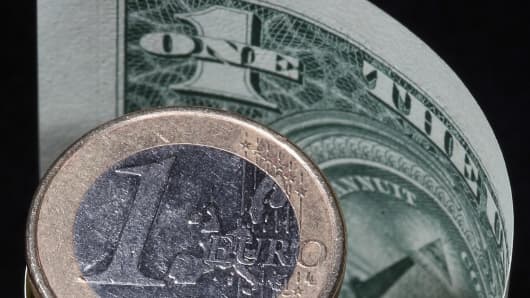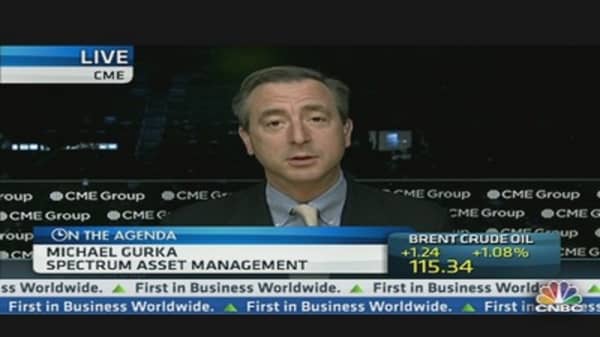The U.S. dollar and euro fell sharply against the yen in late afternoon trade on Monday as uncertainty about Italy's elections and sharp losses in stocks led investors to unwind trades funded in Japan's currency.
Conflicting early forecasts of the result of Italy's election on Monday raised the specter of deadlock in parliament. The election's outcome holds the key to whether the current reform program will continue uninterrupted in the euro zone's third-largest economy.
"It's just a continuation of renewed political risk in Italy," said Joe Manimbo, senior market analyst at Western Union Business Solutions in Washington.
None of the four main groups running in the Italian parliamentary election is likely to win a majority in the Senate, a projection for RAI state TV indicated on Monday.




